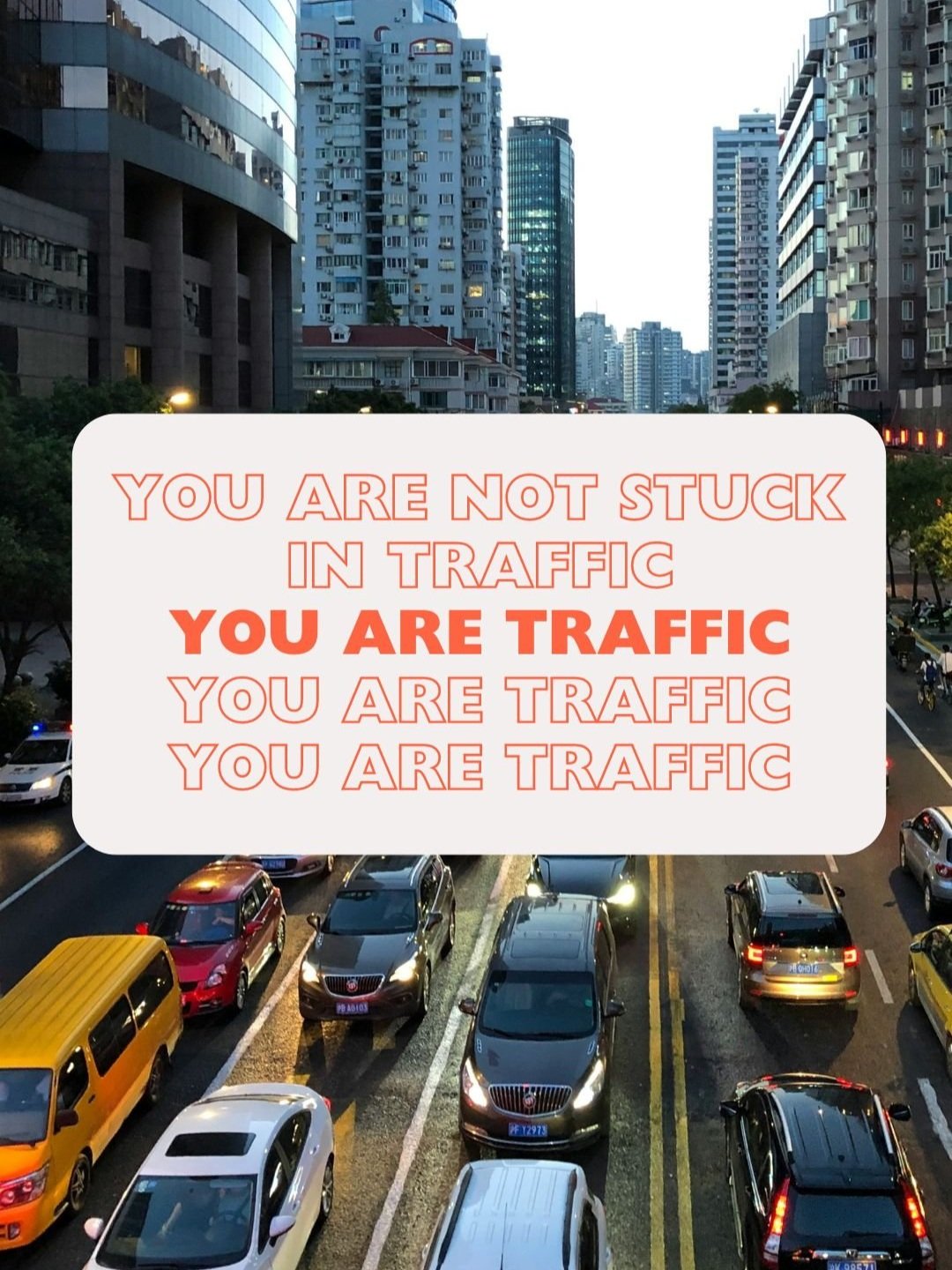ECO-nomics of Travel
Why good planning costs less — and means more.
The Real Costs (and Real Value) of Travel
People often assume that meaningful travel requires a big budget. And yes, flights, transport, and accommodation can add up quickly — especially when you’re heading across the world. But after years of working in this space, I’ve seen how travel becomes much more affordable — and far more fulfilling — when approached with intention.
The biggest expenses aren’t the meals or museums or even the activities. Apart from your international flights, your accommodation and your local transport will take up the largest chunk. Once you arrive, most things are surprisingly affordable — especially when you’re paying directly to locals who charge fairly. Drivers asking for $70–$100 a day aren’t being unreasonable; they’re covering the cost of fuel, maintenance, and their monthly car payments, just like anyone else. It’s not “expensive” — it’s just the cost of doing business.
And planning ahead? It’s not just about being organised — it saves money and stress. Booking early gets you better rates on flights and hotels. Travelling outside peak seasons like July and August means fewer crowds, lower prices, and a more peaceful experience overall. You’ll avoid inflated demand pricing, get access to the best accommodation options, and move through your trip with more ease. Honestly, I think more people should skip the big school holiday rush entirely and take time off in the quieter months. It changes everything.
There’s a strange idea floating around that planning ruins spontaneity — that “free and easy” means more freedom. But more often than not, I see people spend more money for a lesser experience, simply because they didn’t decide until the last minute. When every decision is made on the fly — booking tomorrow’s hotel tonight, arranging transport over breakfast — it adds stress and cost. And when things go wrong, like a delayed ferry causing a missed flight, that flexibility quickly turns into a very expensive lesson.
Thoughtful Choices, Deeper Rewards
If you truly want to save, yes — you can go the gritty route. Rent a motorbike. Navigate the roads on your own. Do all the research yourself. But the cost then becomes experiential: you miss out on learning. A good guide doesn’t just show you the way — they explain what you’re seeing. They open up the story of a place. They connect the dots between landscape, history, and culture in a way no blog or map app ever could.
Even where you stay makes a difference. Large resorts tend to produce more waste and feel disconnected from their surroundings. Guest houses, eco-lodges, and homestays offer a more peaceful, grounded experience — they also keep your money circulating in the local community. You feel the difference — in the quality of your conversations, in the pace of your days, in the peace of the place itself.
And finally, if you’re going to fly across the world — make it count. The carbon emissions of that one long-haul flight are significant. Stretch your trip. Stay longer. Go deeper. Make that footprint worth something. Let it change you. Let it give back.
This isn’t about guilt — it’s about being mindful. When you spend your money with care, with curiosity, and with consciousness, travel becomes more than just a holiday.
It becomes a way of participating in the world.
Speaking from Experience
I travelled for about 18 months in 2013-14 with about S$10,000 to my name. By the end, I drained my bank account and I have zero regrets. Because I have lived in so many places, you can look at my life in two ways: that I have no home or that the whole world is my home. I was able to travel for 18 months because I slept on friends’ couches for a month here and there, and every few months I would visit my family in California and Singapore. I also freelanced as a dive instructor for about 6 months sporadically, which allowed me to explore new places and make a tiny bit of money.
To say I travelled on a shoestring is an understatement. But no matter what, I always splurged on big adventures and hiring local guides for tours.
I experienced first hand for years how to make money last longer and on the other hand, I was always ready to pay whatever it took to do the iconic thing—skydiving, bungee jumping, trekking to Machu Picchu, Roraima, and Rinjani, learning how to surf and kitesurf properly, riding pillian with local guide through Vietnam and paying for guides to bring to me far away villages to learn about their way of life.
It’s about consideration and it’s about priorities.
Chickenfeet Travels makes adventure easy
Our guides are in it every day, all day. Our guides are often the ones, saving people from a bad experience. And we work remotely so we often see how travellers are enticed by low prices and scammed by misinformation to be left disappointed and with a bad feeling about the places and the people we love.
We work closely with our guides to improve and optimise logistics. We force them out of their comfort zones as well to explore their home differently in search of new opportunities and view points.
We do all of this so that we can offer the best, most up to date experience finding the perfect of adventure and relaxation. And when you plan with us, instead of searching endlessly for the best options and routes and destinations, everything can be planned and done in less than 1 hour.
TL;DR: Travel doesn’t have to be expensive to be meaningful—but it does need intention. This post breaks down the real costs to travel (flights, accommodation, transport), how planning ahead saves both money and stress, and why choosing deeper, local, and slower experiences creates more value. Even when you spend more in one area (like hiring a local guide), you’re investing in a better outcomes and supporting communities.









